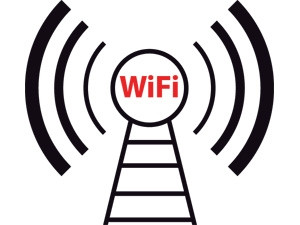
As technology plays an increasingly pivotal role in changing the way government interacts with citizens, universal WiFi access is set to ensure this is done more efficiently.
This is according to professor Dirk Brand of the Stellenbosch University School of Public Leadership, who recently published a short paper looking at the feasibility of WiFi as a public service. In building up towards his findings, Brand describes what constitutes a basic service, as well as what WiFi provides to citizens.
The paper lists the following key findings:
* Increased connectivity and Internet access has been noted to have a positive economic impact, although the access gap is still wide in many parts of SA.
* SA's National Broadband Plan aims to eventually establish universal connectivity, aiming to change the way government interacts with citizens. In the paper, Brand notes: "Although the policy mainly refers to 'broadband' in general terms, it also specifically states that to enhance digital development and connectivity it will be important to provide free public WiFi networks."
* The paper outlines the impact of basic services on citizens, pinpointing the socio-economic impact of electricity as exemplary. "In the modern knowledge economy WiFi has a similar character, namely that of a service that provides a form of connectivity, that has a huge enabling function and which has a significant socio-economic impact," the paper states.
* WiFi is a "significant enabler that bridges economic and social divides, connecting citizens to knowledge, education, opportunities for personal development, healthcare services and social networks" - all of which could help reduce poverty.
* The capabilities brought on by increased WiFi access support long-term government objectives such as the National Development Plan, adding further incentive for the state to improve connectivity.
Share